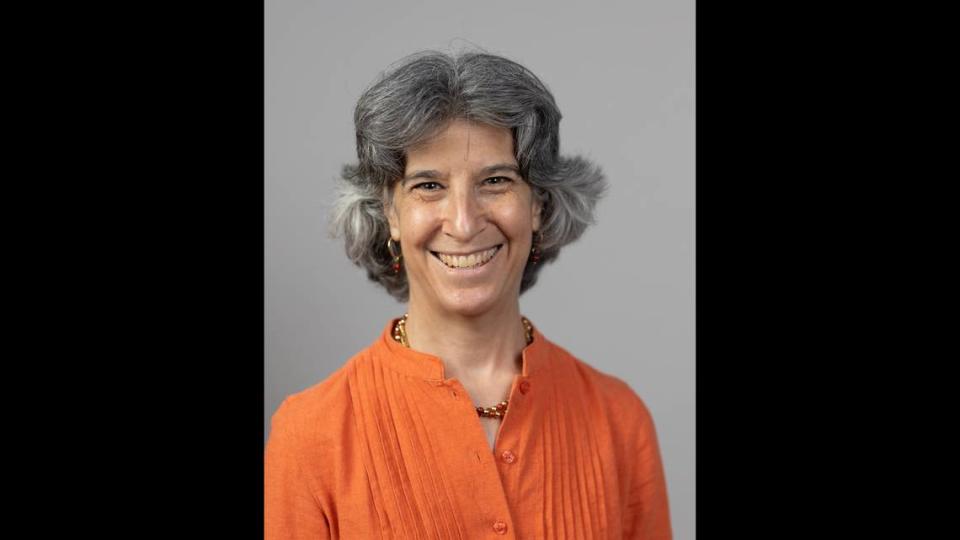Banning diversity work in colleges is the right’s version of ‘defund the police’ | Opinion
Several bills under consideration in the Legislature would ban public universities from funding offices that deal with diversity-related issues or using diversity statements in hiring and promotion. These bills are a response to real problems facing universities in Texas and beyond. But they will not fix those problems.
Recent calls to “defund the police” offer useful lessons about why these bills should be defeated, and why they will not make things better if they pass. This is not an obvious parallel. But the university and the police have more in common than we might think.
Both are large organizations in place nationwide, staffed primarily by committed individuals who have devoted their lives to the public good. Within the university, offices fostering diversity, equity and inclusion, or DEI — like the police — are dedicated to making their community as safe as possible for as many of us as possible without trampling on the rights of other people.
This is a tough balancing act. And both the police and university officials inevitably make mistakes in the earnest and sincere pursuit of both safety and fairness.
How we view these mistakes depends on whether we sympathize with the organization. Some on the left love to hate the police, while some on the right are suspicious of the university.
When we sympathize with an organization, we see its problems as misconduct by outliers. A cop who kills an unarmed motorist during a traffic stop or students who drown out speakers with whom they disagree, are isolated cases. We deplore their behavior, and we want their actions to have consequences. But we think the consequences should befall the individual rather than the whole organization.
But when we are unsympathetic, the shoe is on the other foot. Then, the cop and his department are power-hungry racists, while the professor and her students are dangerous zealots. The organization itself is the danger, and it is the organization that should be punished and reformed in order to prevent future harm.
After the death of George Floyd at the hands of several officers of the Minneapolis Police Department in 2020, there were widespread calls to “defund the police.” No one thinks that police officers should kill non-violent members of their communities. But today, most people want to prevent such deaths by reforming the police, not eliminating them.
Similarly, many people are rightly concerned about the well-documented tendency of college students to self-censor their opinions because they are afraid of saying the wrong thing. No one wants this, least of all college professors.
But eliminating DEI offices and banning diversity statements in hiring and promotion will do nothing to address this issue because students across the political spectrum are most likely to worry about their fellow students posting on social media, not about their professors.
Just as eliminating the police does not make people safer, we do not make students more comfortable with differing viewpoints if we eliminate key resources for fostering a vibrant and safe educational community for people with diverse perspectives and experiences.
And that is what DEI offices do. Diversity statements help the university to embrace the huge variety of people that make up our community. They do not require anyone to believe anything. Instead, they require each of us to think about our role in key issues that affect the university, such as ensuring that free speech remains a core tenet of university life.
Either the authors of legislation that characterizes these efforts as “ideological oaths” are unfamiliar with what actually goes on at Texas universities, or they have misrepresented our mission and our values. The citizens of Texas can avoid that mistake by opposing this misguided legislation.
Most Americans have rightly rejected “defund the police” because eliminating the police does not make us safer. “Cancel DEI” will not make the university community safer, either.
Deborah Beck is associate professor of classics at the University of Texas at Austin.


